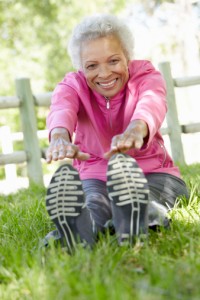The American Council on Exercise (ACE) is alerting fitness professionals that commonly prescribed medication may affect the exercise programs and athletic performance of their clients. In an article published on its web site, the organization warns that with millions of American adults taking medication to manage chronic conditions (many of which are associated with a lack of physical activity), it is essential for personal trainers and fitness professionals to know how these drugs affect their clients’ (and their own) ability to exercise safely and effectively.
Ironically, while Americans are living longer, an increasing number of people live with chronic diseases daily. These conditions are managed various ways, including exercise, healthy eating, and medication. According to data provided by the National Center for Health Statistics in 2012, the five most common medication types prescribed are:
(1) ACE inhibitors—prescribed for hypertension
(2) antidiabetics—prescribed for hypertension
(3) antihyperlipidemics—prescribed for hypertension
(4) beta blockers—prescribed for heart disease and hypertension, resulting in decreased exercise and resting heart rates and reduced blood pressure
(5) diuretics—used to treat hypertension, and ultimately lower blood pressure.
In addition, oral hypoglycemics are common drugs given to those with Type 2 diabetes; and statins, frequently prescribed for high cholesterol, are commonly prescribed for people with heart conditions.
Each of these medications requires different modifications for exercise. Some suggestions include:
- Gradual cool-down after exercise, to prevent an excessive dip in blood pressure.
- Using the ratings of perceived exertion (RPE) scale for heart rate monitoring.
- Regular weight checks (and notifying a doctor for irregular gains and losses).
- Regular checks of blood glucose levels before, during and after exercise.
- Being particularly mindful of fatigue, muscular stiffness, pain, and dark urine. Drinking lots of water is essential.

